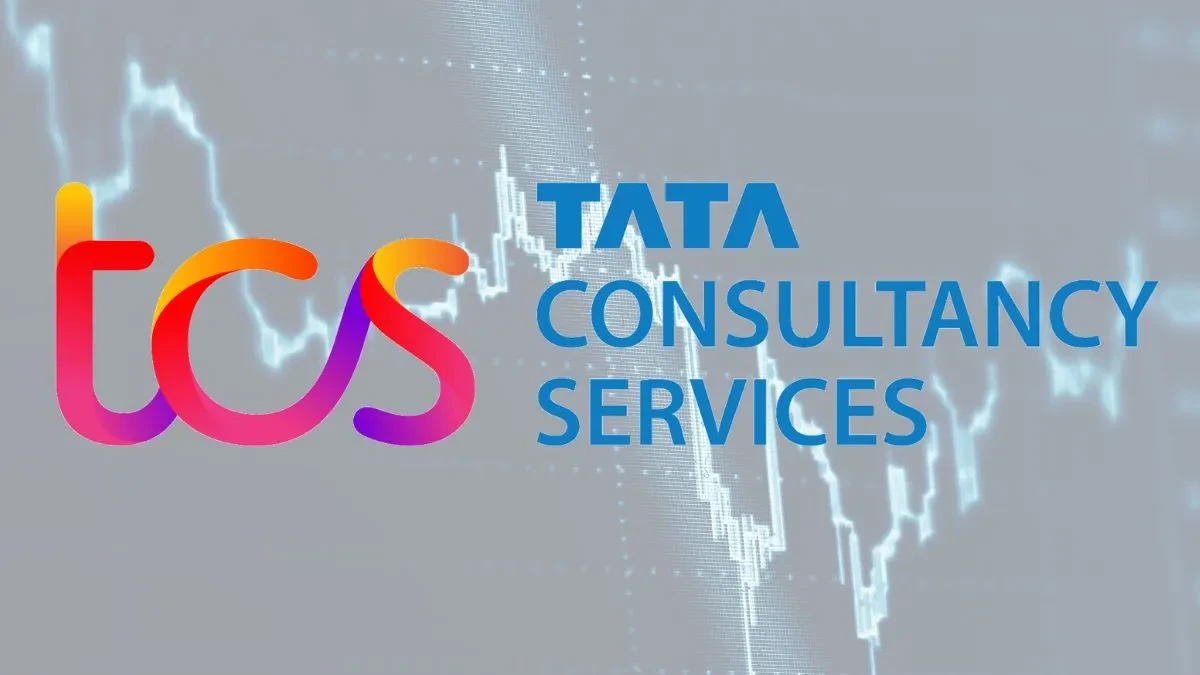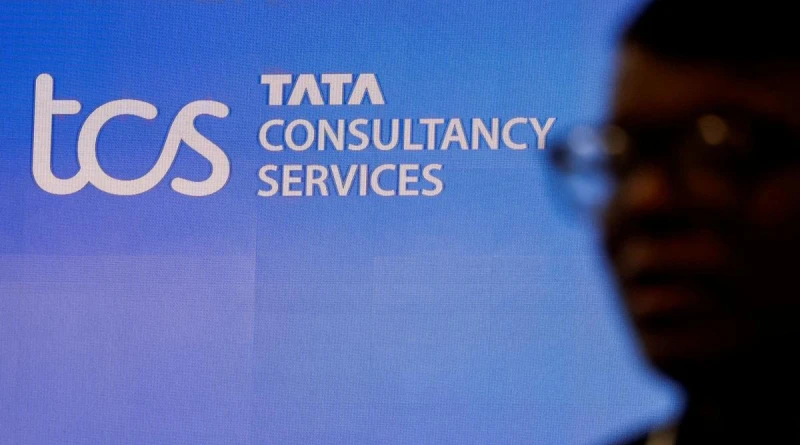TCS Layoffs 2025: Navigating AI-Driven Transformation in India’s IT Sector
In one of the most radical changes in the history of the Indian IT industry, Tata Consultancy Services (TCS), the biggest provider of IT services in the country, made its move on July 27, 2025, reducing the workforce by 2 percent in its 2026 financial year, which translates to an employee strength of more than 12,200 employees. Having a staff of 613,069 employees around the globe by June 2025, the process is an internal organizational shift mostly for the middle- and higher-level managers as the company plans to be more competitive in the market and to prepare against economic changes using AI-driven operations. This article provides analysis of the reasons that TCS took this decision, its impact on the giant Indian IT industry of $283 billion, and insights that a business and an individual employee can use to take on this change. Using reliable resources and on-the-ground experience, we provide an exclusive insight into this crucial event.
Why TCS Is Cutting Jobs
The layoffs at TCS can be traced to a combination of both the economic difficulties in the global environment and the disruption of the current world by technology. The company attributed macroeconomic uncertainties, such as low demand and continued inflation, as well as uncertainty in the U.S. trade policy, which prompted clients to limit their spending on non-essential tech. K. Krithivasan, TCS CEO, pointed out that the clients were taking longer to make decisions and start projects, and Q1 FY26 constant currency revenue was -3.1 percent year-on-year (The Economic Times, 2025). At the same time, the AI- and automation-driven transformation in the IT services model is also under way. Phil Fersht, the chief executive of the HFS Research firm, pointed out this tendency when AI is chipping at the traditional high-labor model of delivery that leaves companies like TCS with little choice but to balance their workforce to avoid putting a strain on margins in a market where customers are insisting on price cuts of 20–30 percent (Reuters, 2025).
TCS is not just about cost cutting but about gearing up its manpower towards a future-ready company. This consists of investing in AI, opening new markets, and developing next-gen infrastructure. Other roles that do not subscribe to these priorities will, however, run at risk of duplication, particularly at the middle and senior grades. This transition is highlighted in Project Fluidity, which the company launched, in which underperforming senior managers will be put on the bench under tougher policies, including limits to the unassigned time to a yearly sale of 35 days and a minimum of 225 billable days (Business Standard, 2025).
Local Context: India’s IT Sector at a Crossroads
The IT sector in India, being the backbone of the economy, furnishes to around 30 million people and has revenues of more than 283 billion. TCS, being the largest competitor, will open a precedent that might leave waves on other companies such as Infosys and Wipro. There is a 72 percent decline in the number of jobs created during Q1 FY26 since the previous quarter had witnessed 3,847 new jobs added to the top 6 IT companies in comparison to 13,935 job roles created in the preceding quarter (The Economic Times, 2025). Although the shrinking is paired with the emergence of AI, in India, where the jobs in the IT industry were traditionally associated with stability and social mobility, this issue comes with at least two peculiarities.
The layoffs at TCS in cities such as Bengaluru and Hyderabad may affect the economies of the urbanites where IT professionals render such consumption as real estate, retail, and education. To illustrate it, the IT corridor in Bengaluru sustains 1.5 million jobs both directly and indirectly (Nasscom, 2025). The job cuts, which would focus on mid- to senior-level positions with an average salary of 25 lakh, could cost TCS a total of 3,000 crore annually in spending but destroy the lives of extended families, as India has few social safety nets (X post, 2025). Furthermore, legal grievances have been stated by employees in relation to the new bench policy of TCS, which has been revised, and only 35 days in a year are now permissible as non-project days, and this again is an indication of discomfort in the job market amid the high-stakes game (The Economic Times, 2025).

Unique Insights: Opportunities Amid Disruption
Although this layoff indicates some problems, there are also opportunities indicated. TCS is not only reducing jobs, but it is also investing a lot in reskilling. The statement of the company highlights the role of assisting the impacted workers with severance plans, longer insurance coverage, placement agents, and counseling. The strategy itself may be used as an example of humane reorganization, which is very important to understand in the context of India, where the concept of losing a job is closely associated with a strong social stigma.
The other area is the skill gap, which has been causing these cuts. The legacy functions, such as software testing, are being decreased with AI, and projects shorter in work length and needing specific abilities are being demanded by the clients (Moneycontrol, 2025). The Indian IT professionals need to shift to such fields of work as the development of AI, cloud computing, or cybersecurity. As an example, the scaling of AI across applications indicated by TCS thus indicates a rise in the careers of AI architects whose salaries are 30 percent more than the average IT jobs (Nasscom, 2025).
The layoffs also lay emphasis on reforming the education system such that it meets the requirements of the industry in India. The number of engineering graduates is 1.5 million each year; however, only every 5th one can work in an IT organization due to the outdated study programs (Aspiring Minds, 2024). Indian universities need to include AI and data science in the curriculum to make students ready for this transition.
Implications and Strategies for Stakeholders
For businesses, TCS’s move signals a broader industry trend toward automation and cost optimization. Companies should:
- Invest in AI-Native Services: Emulate TCS’s focus on AI-driven solutions to stay competitive.
- Upskill Workforces: Partner with platforms like Coursera or TCS’s own training programs to bridge skill gaps.
- Adopt Flexible Models: Use agile project structures to meet client demands for efficiency.
For employees, the layoffs are a wake-up call to adapt. Strategies include:
- Learn High-Demand Skills:Enroll in AI, machine learning, or cloud certifications, which can boost employability by 40% (LinkedIn, 2025).
- Leverage Outplacement: Utilize TCS’s career transition support to find roles in growing sectors like fintech, where hiring is up 15% (TeamLease, 2025).
- Network Proactively: Engage on platforms like LinkedIn to explore opportunities in India’s booming startup ecosystem.
Looking Ahead
The layoffs in TCS are huge, but they come as a part of a strategic restructuring in order to be competitive in a scenario where the industry is changing fast. Its investment in the AI and market expansion predicts the scope of future growth, as in Q1 FY26, the net profit surged by 6 percent to 12,760 crore despite the obstacles in revenues (News18, 2025). The action may, however, cause responses in the field, doubting the stability of jobs in the Indian info tech centers.
To thrive, stakeholders must embrace AI as a tool for innovation rather than a threat. For India, this means balancing technological advancement with workforce reskilling to maintain its position as a global IT leader. As one X user noted, “Prepare or perish” (@simplykashif, 2025)—a stark reminder for professionals to adapt to this AI-driven era.
Disclaimer
The information presented in this blog is derived from publicly available sources for general use, including any cited references. While we strive to mention credible sources whenever possible, Web Techneeq – Seo Company in Andheri does not guarantee the accuracy of the information provided in any way. This article is intended solely for general informational purposes. It should be understood that it does not constitute legal advice and does not aim to serve as such. If any individual(s) make decisions based on the information in this article without verifying the facts, we explicitly reject any liability that may arise as a result. We recommend that readers seek separate guidance regarding any specific information provided here.

